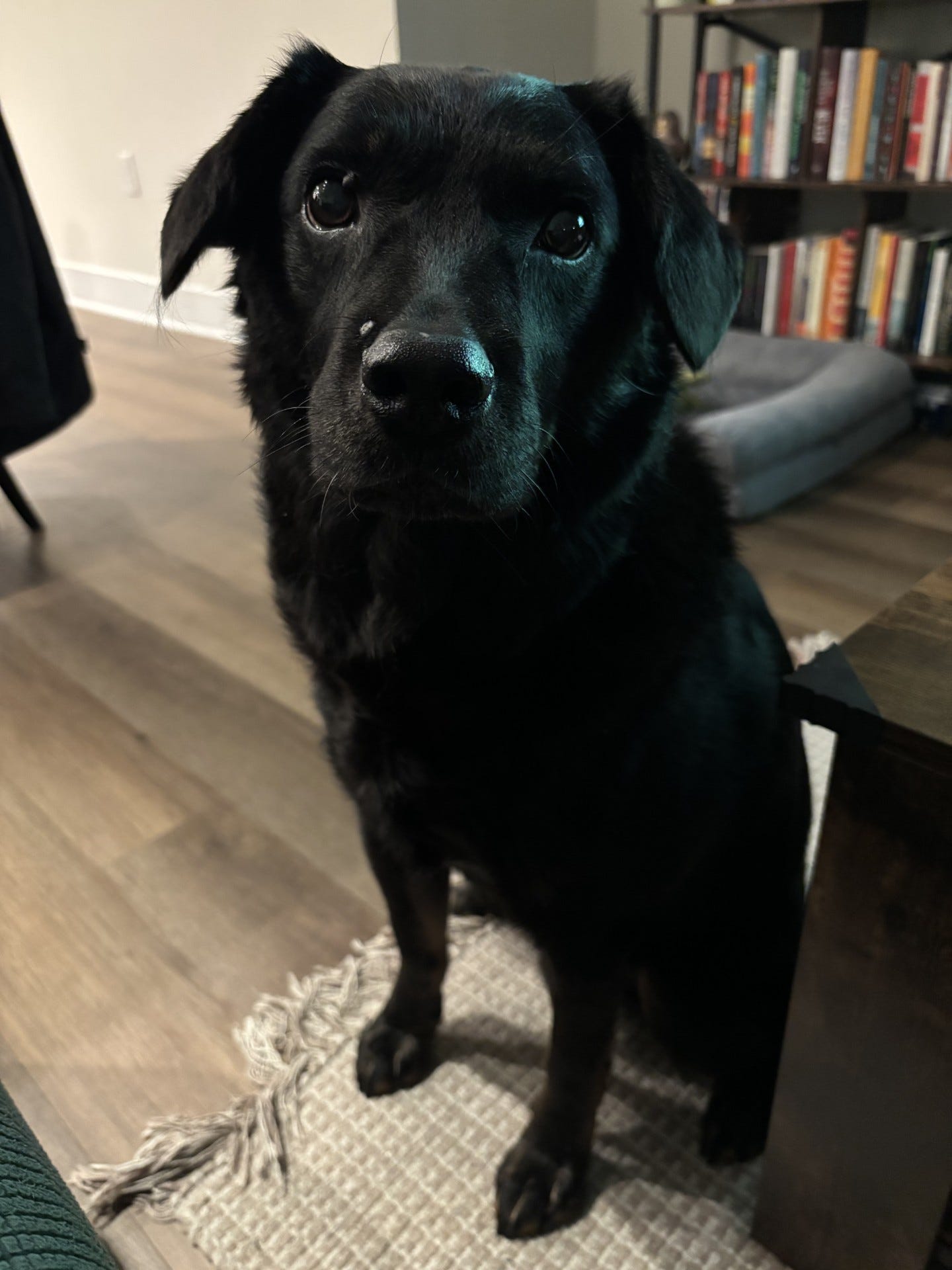Becoming Immortal
The Maundy Monday Newsletter - This Week in History April 14 - 20.
The war was coming to an end. Five days earlier, General Robert E. Lee had surrendered to his hand-picked Senior Officer, General Ulysses S. Grant.
He steered the country toward victory and preserved the Union that he had so desperately and courageously fought for during the past four years.
It was a night of celebration. The air in the nation’s capital was gentle and still. A proper environment for relief and reflection.
That evening, the war-weary Commander in Chief was thinking about reconciliation and reunion. He had spent the day beginning to feel joy that the worst was over and a promising new beginning was about to dawn.
The president of the United States and his wife would take in a play that evening - Our American Cousin.
It was a popular comedy about an American who returned to England to meet relatives and claim the family estate. In 1861, it had a long and successful run in London.
While the actors on stage performed, another actor lurked in the background, waiting for his chance to eliminate the man who destroyed his country.
John Wilkes Booth was a familiar face on the American stage, but he masked his resentment for the man they called Honest Abe. Booth was a bitter idealist, a Confederate sympathizer, and had a flair for the dramatic. He wanted to be a Southern Hero, and instead of kidnapping the president, Booth would assassinate the tyrant, the destroyer of the Southern way of life.
Halfway through Act III, Scene II, Booth slipped into the presidential box, thanks to his familiarity with Ford’s Theater. He knew the play and the line that would draw laughter—you sockdologizing old man-trap!
When the audience laughed, Booth stepped forward and shot President Abraham Lincoln in the back of the head with a .44 caliber derring pistol. The First Lady screamed, and Booth leaped over the balcony, only to have his spur catch the American flag draped over the railing.
He hit the stage hard and snapped his leg just above the ankle. He shouted the Virigina state motto about tyrants and limped to the back alley where a horse awaited him.
Lincoln, who drew criticism for the power he consolidated during the war and the worry that he would only increase the powers of the presidency as he began a second term, was unconscious and barely breathing as he was carried about the street to the Peterson House.
He would die on April 14, 1865. Booth became that Southern hero, but Lincoln became immortal.
Okay, let's highlight what else happened this week. As a reminder, these events celebrate their anniversary, ending in 5 or 0. Here's what I got:
1. Ray Kroc acquired McDonald's and opened his first restaurant on April 15, 1955. Kroc was a milkshake mixer salesman who became the franchisee agent for the brothers who invented the super fast production system for their burgers and fries. Kroc paid the brothers about $28M in today’s dollars and made The Golden Arches the largest fast food restaurant in the world. I haven’t eaten a Big Mac since 1986.
2. Benjamin Franklin died on April 17, 1790. Of course, the guy who invented bifocals, tamed lighting, and founded a country chose death as his next experiment. He was 84.
3. The Alfred P. Murrah Federal Building in Oklahoma City, Okla., was destroyed on April 19, 1995. Timothy McVeigh and Terry Nichols carried out the deadly attack that killed 168 people, including 19 children. The truck bombing was the worst terrorist attack in U.S. history up to that time. I watched the news in a friend’s dorm room during my freshman year in college. I was convinced the world was ending.
It’s Holy Week, so work is a bit slower for me. Thanks for being patient while I tried to find my rhythm with the essays. I hope to be back on Friday.
Appreciate the support!
Okay,
Chris



